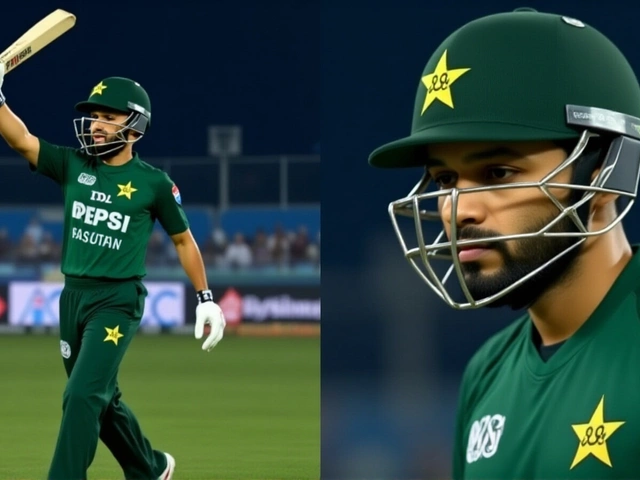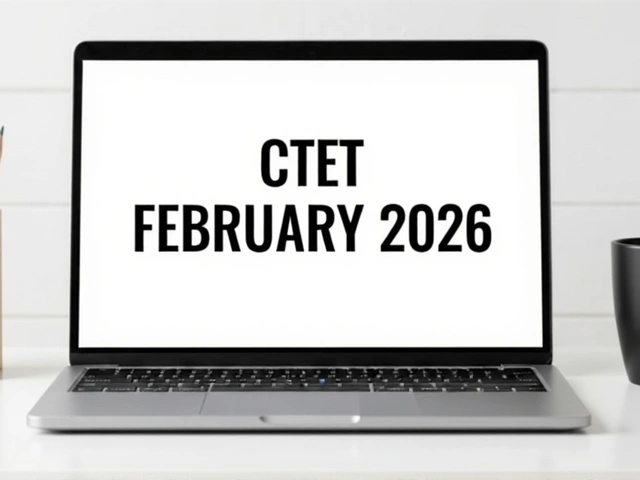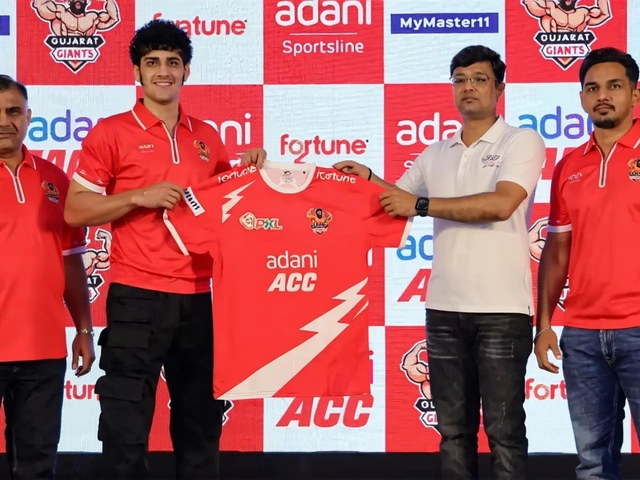Private schools: pick the best fit for your child
Choosing a private school can feel overwhelming. You want good academics, safety, and a place where your child will feel motivated. Start by listing what matters most: curriculum, teaching quality, class size, extracurriculars, commute, and fees. This list keeps visits focused and helps compare schools fairly.
Check the curriculum first. CBSE, ICSE, state boards, and international boards like IB or IGCSE differ in structure and focus. CBSE often emphasizes national exams and STEM, ICSE is strong on language and detail, IB stresses critical thinking and projects. If you plan to move abroad, an international board can ease transitions. If competitive Indian exams matter, CBSE may suit better.
What to look for on a visit
Visit at least three schools. Observe a classroom: are students engaged, and does the teacher manage the class well? Ask about teacher qualifications, turnover, and professional development. Check class sizes and the teacher-to-student ratio — smaller classes usually mean more attention. Inspect the campus for cleanliness, safety measures like CCTV and secure gates, and medical facilities.
Ask specific questions: how does the school handle bullying, what systems exist for parent-teacher communication, and how are students assessed? Look for extracurricular options — sports, arts, clubs — because rounded development matters as much as grades. Also check transport arrangements and pickup/drop policies if you will rely on school buses.
Fees, scholarships, and hidden costs
Fees vary a lot between private schools. Ask for a full fee schedule including annual, term, and activity charges. Many schools add uniforms, books, exams, and lab fees. Request a written breakdown and compare total yearly cost, not just monthly tuition. Inquire about scholarships, sibling discounts, and fee increases policy.
Consider long-term value. A more expensive school might offer better facilities, experienced teachers, and stronger college guidance. But high fees don’t guarantee quality. Read parent reviews, check alumni outcomes, and meet the principal to understand the school’s vision.
Admissions timing matters. Many private schools open admissions for nursery and grade one early in the year, and seats fill fast. Keep required documents ready: birth certificate, proof of address, previous school records, photos, and vaccination record. Prepare a short note about your child’s strengths to share during the meeting.
Special needs and inclusion. Ask if the school has resources for learning differences, speech therapy, and counseling. Some private schools include resource teachers or tie-ups with therapists. Inclusion policies, exam accommodations, and teacher training on special needs vary widely — make this a priority if your child needs support.
Extracurriculars and college guidance. Don’t just tick boxes — check real quality. A music program with trained teachers beats a token class. Ask about competitions, sports scholarships, career counselling and alumni help for college applications. Also check teacher turnover rates.
Finally, trust your instincts. If something feels off, ask more questions or move on. The right private school matches your child’s learning style and your family routine. Start early, visit often, and keep notes from each visit to make a clear, confident choice.

The Role of Private Schools in Indian Education - Assessing the pros and cons
As a blogger, I've been digging deep into the realm of Indian education, specifically the role of private schools. Now, let's shake the coconut tree and see what falls out. On the pro side, private schools provide top-notch education, smaller class sizes, and personalized attention to students - it's like having your own educational butler! But wait, there's a flip side too. These schools can be as expensive as a Bollywood wedding, making them unreachable for many families. Plus, they sometimes lack diversity, turning into a luxury island in the vast ocean of Indian education. So, it's not all rainbows and unicorns, folks!
Education & Learning



